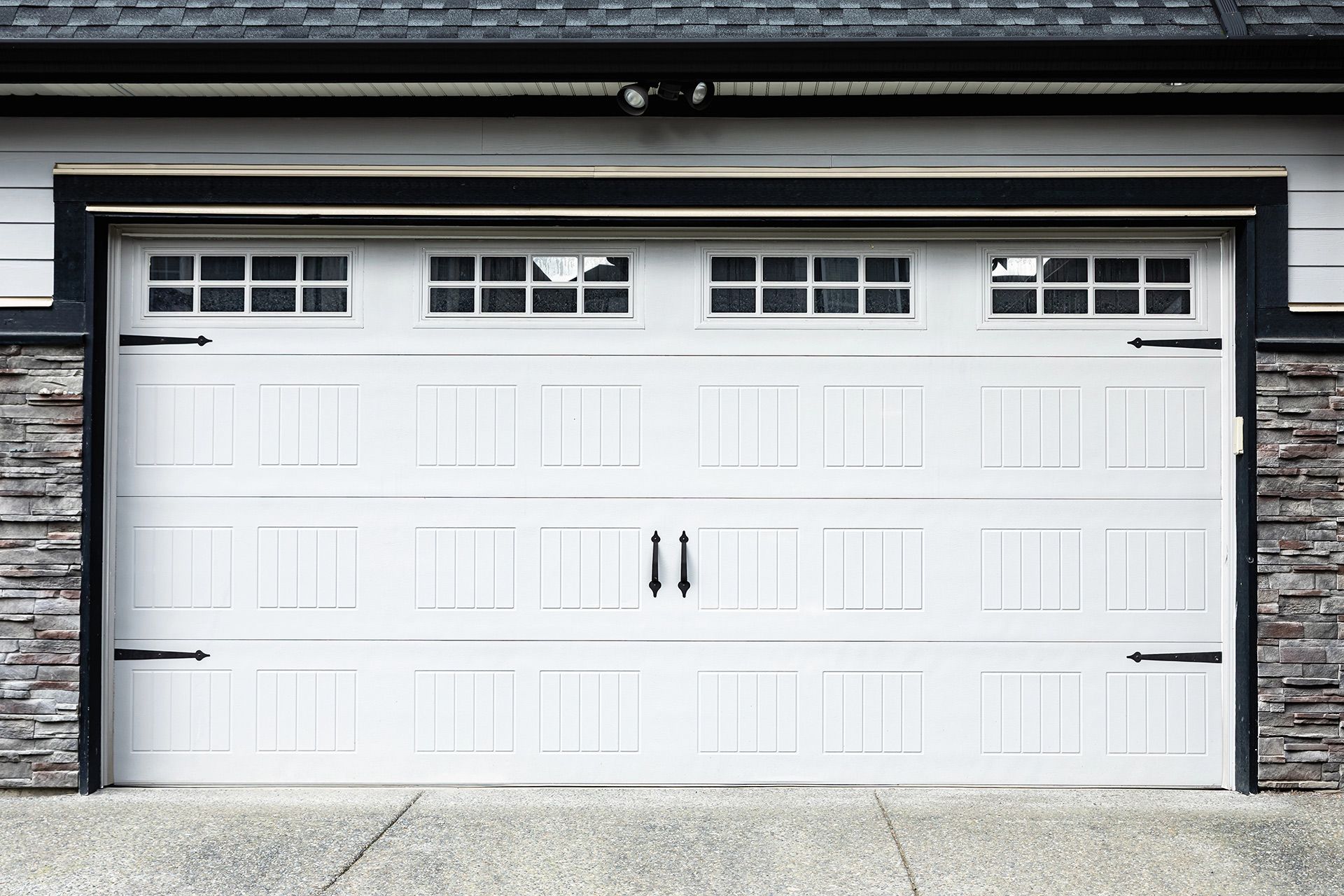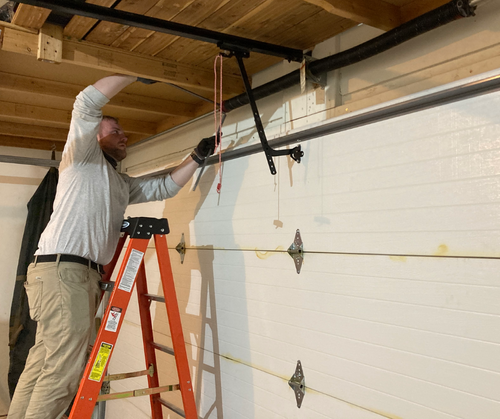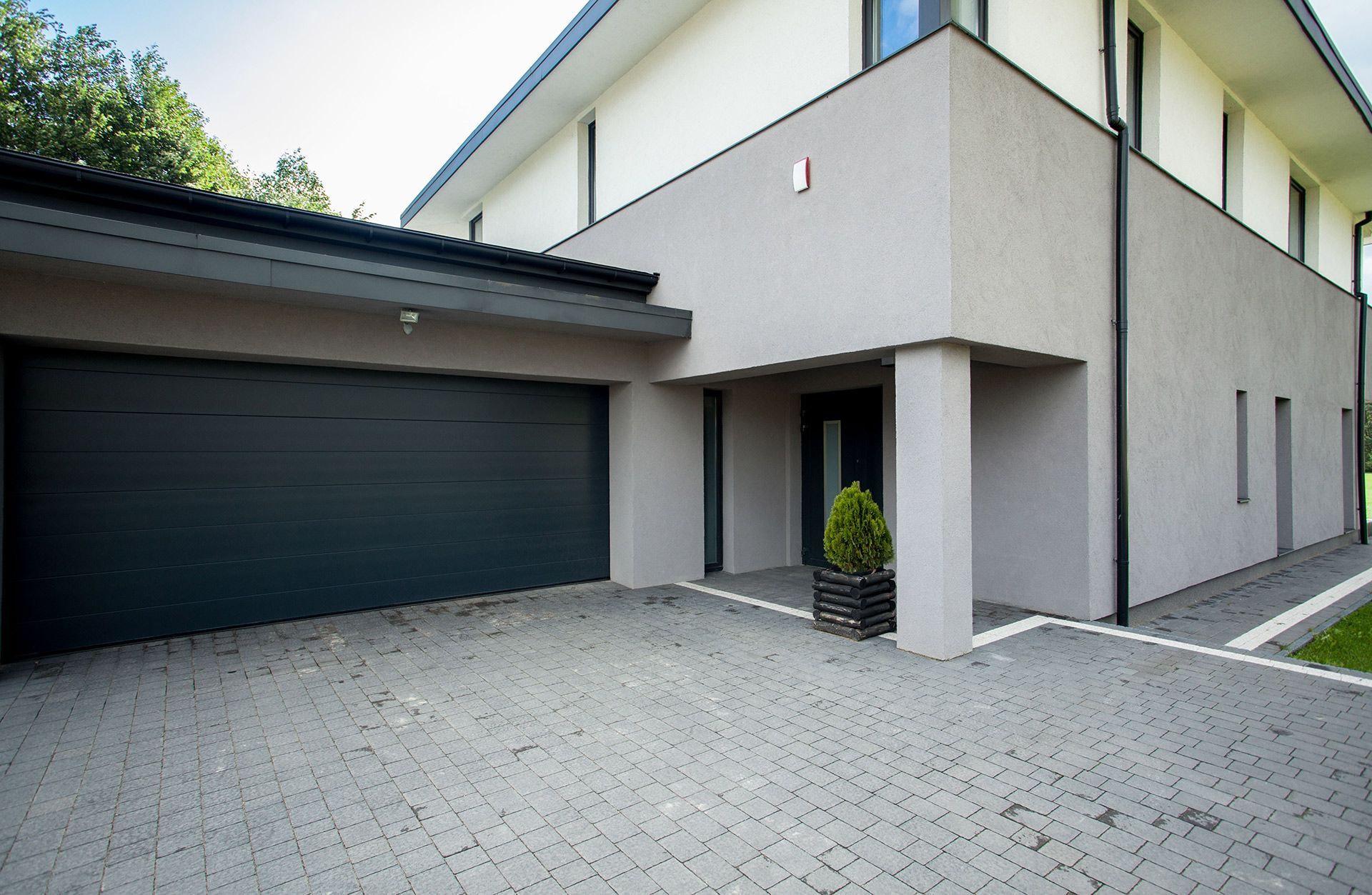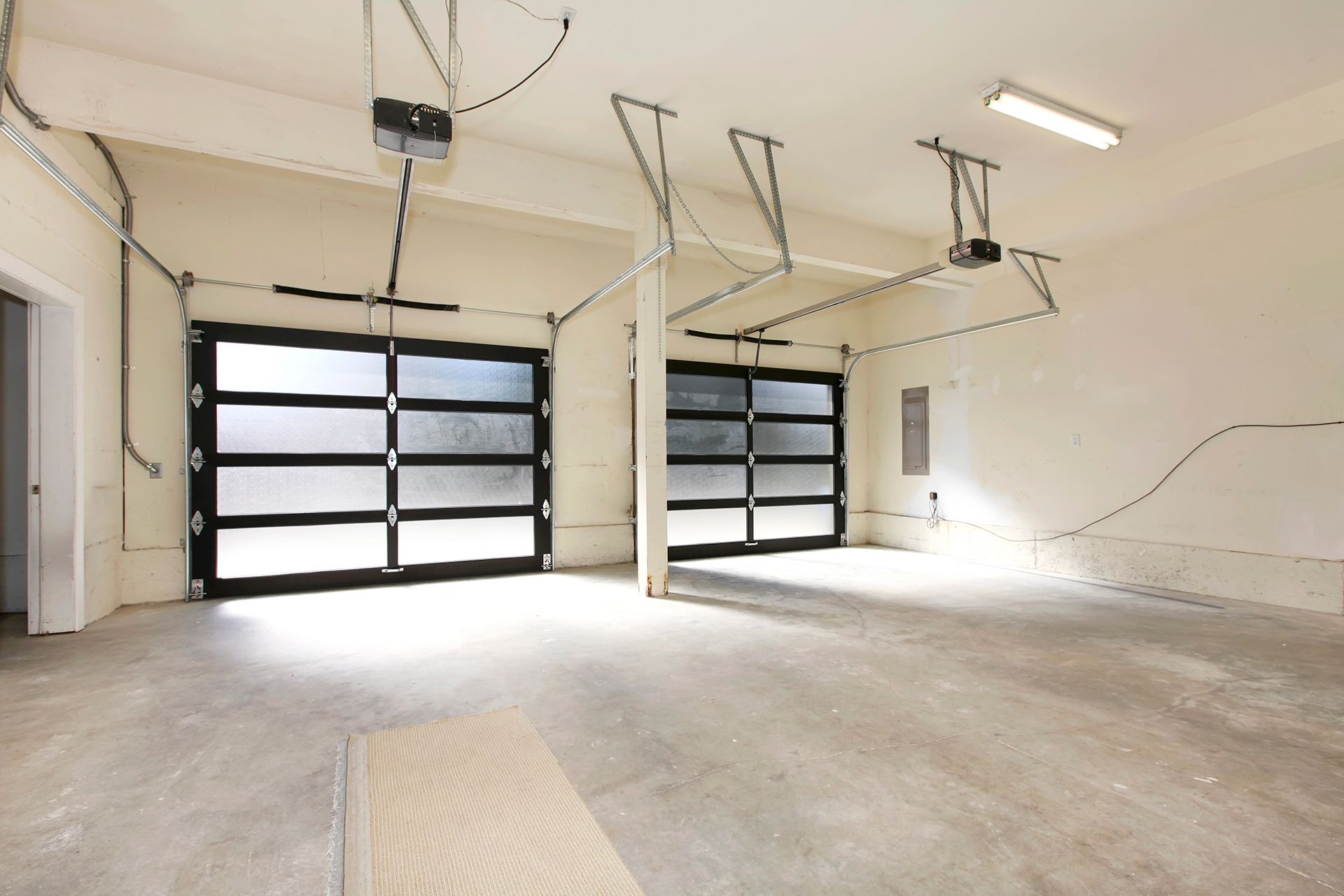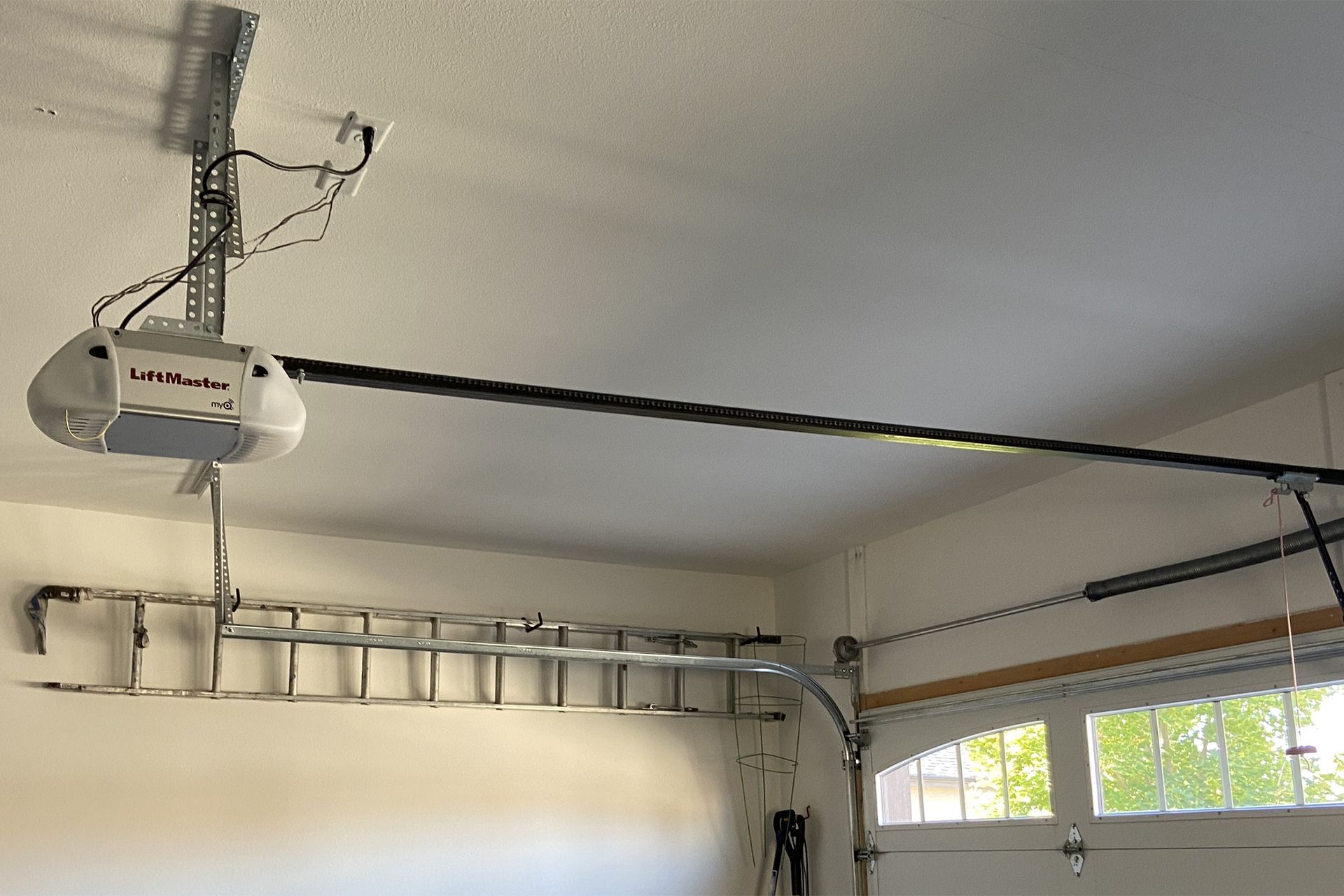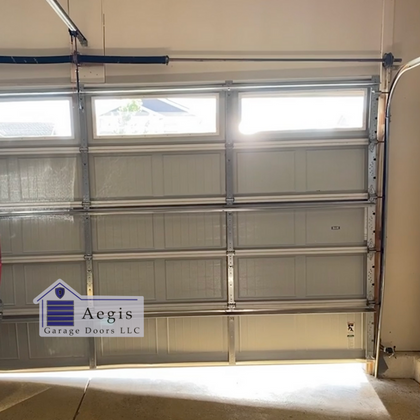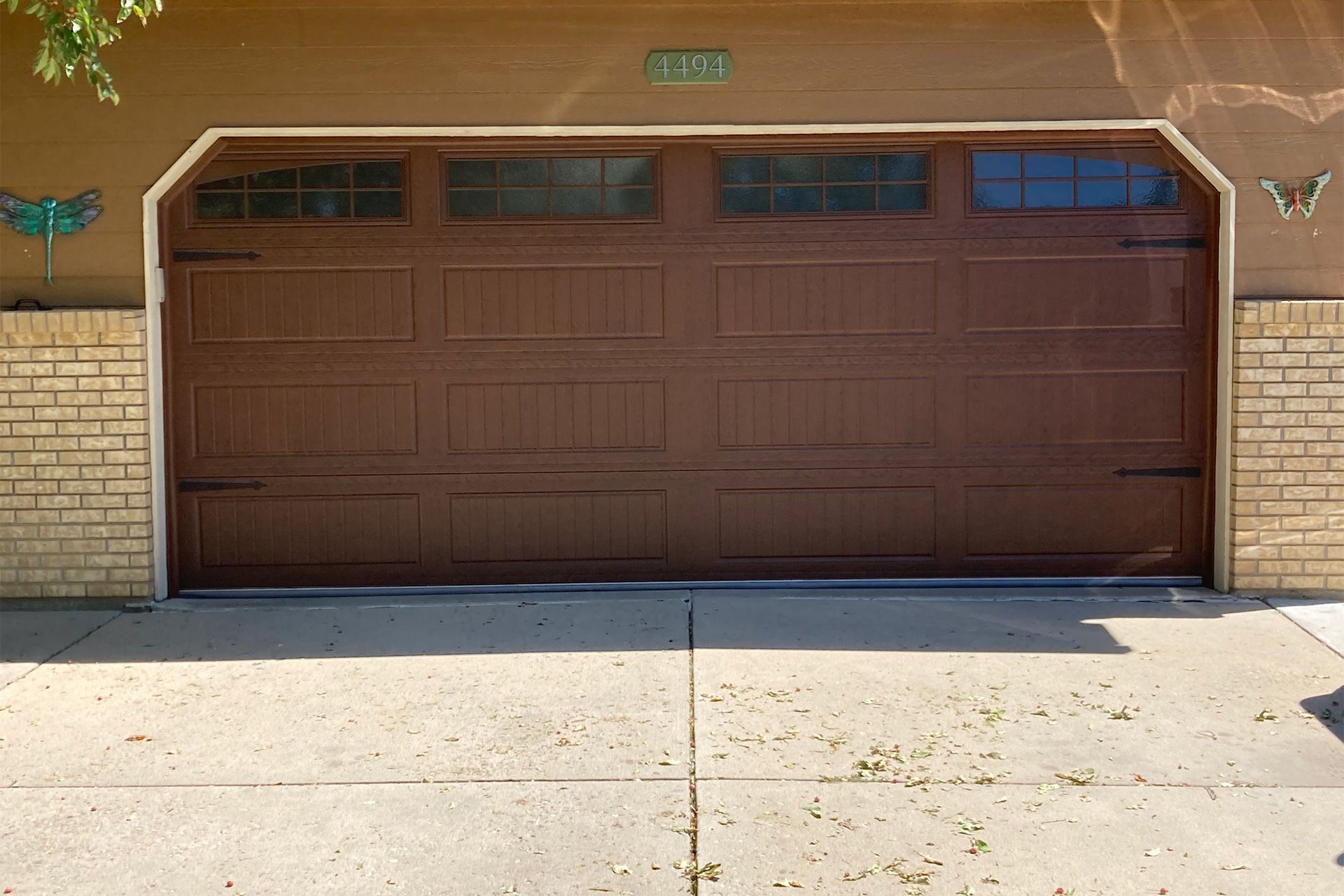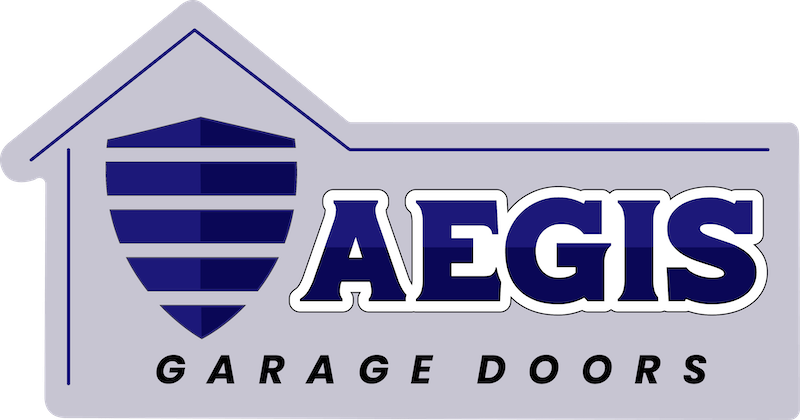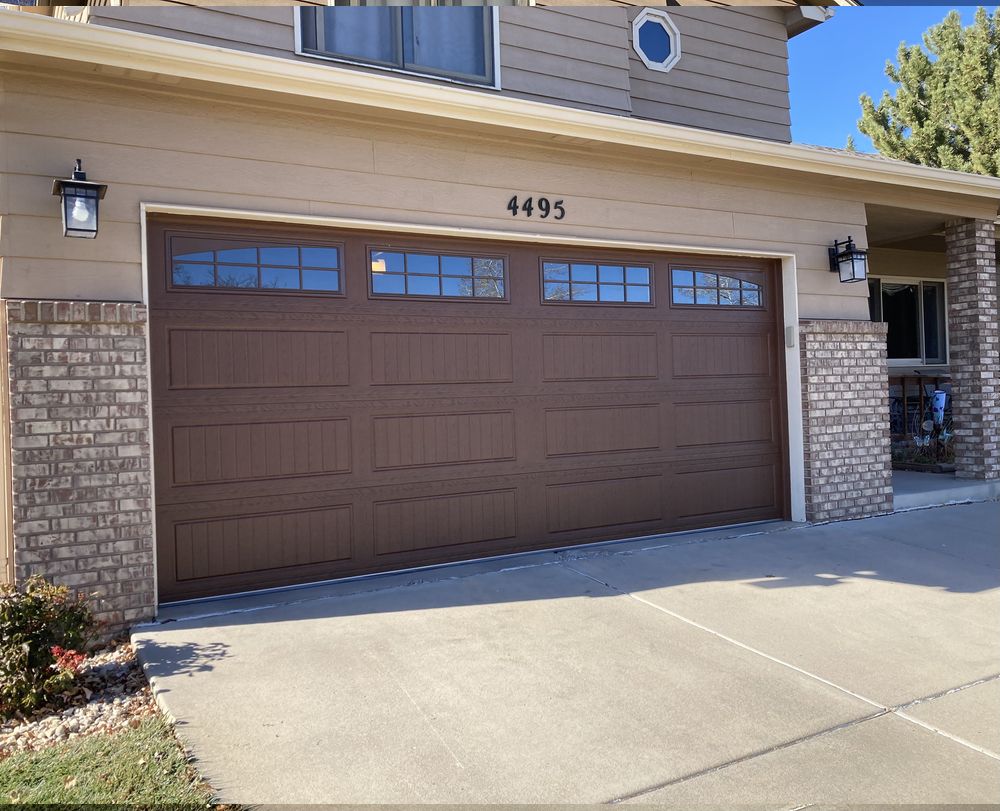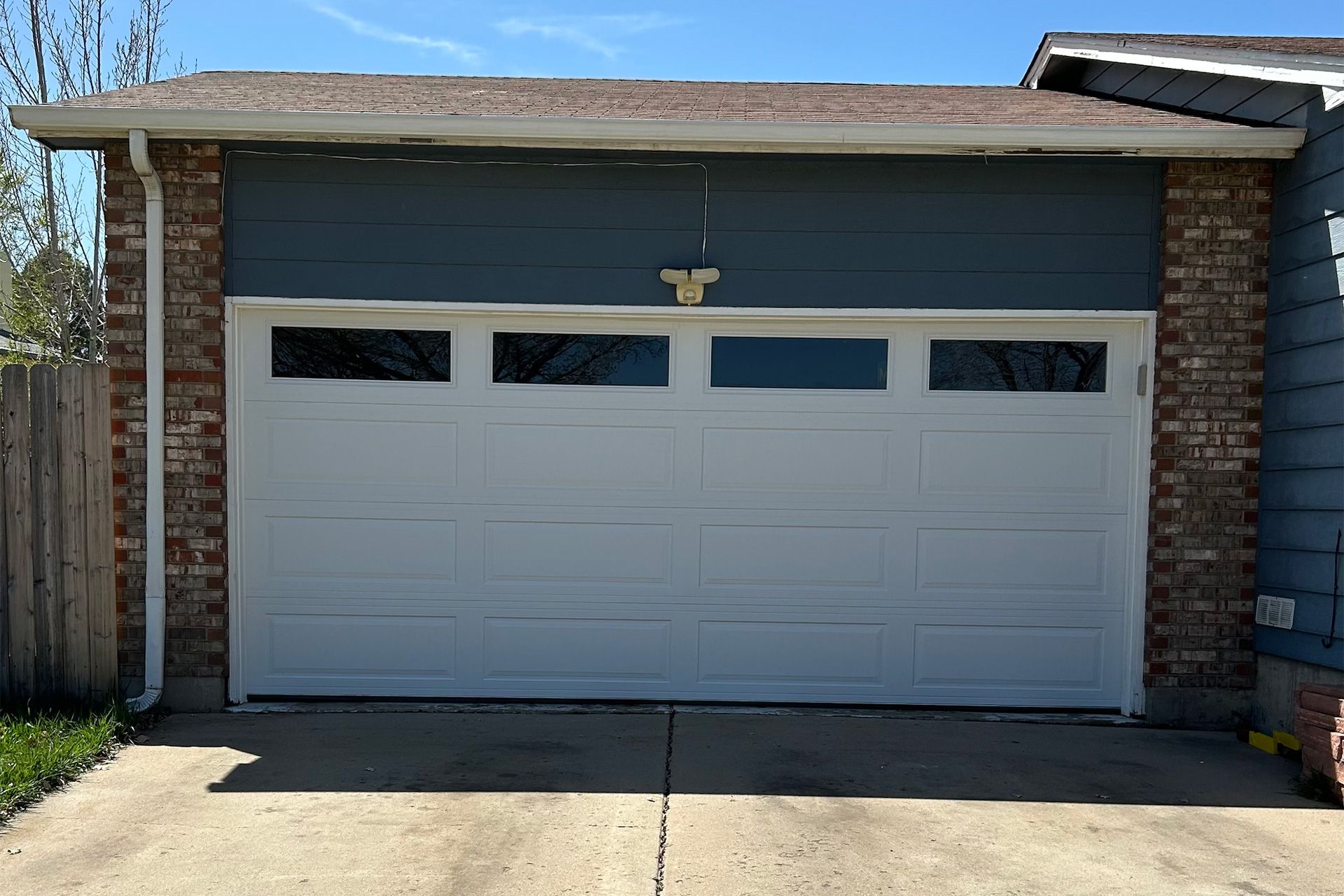The Most Common Garage Door Springs
As a seasoned homeowner you’ve probably experienced going outside to open the garage door as every other day to only hit the button and your garage door doesn't open or maybe you're a new homeowner who has been fortunate enough to not experience a broken garage door spring trapping your car inside. Springs along with their assembly are a vital part in the operation of any garage door. There are two main types of garage door spring types, torsion and extension, with their own assembly options. Within the torsion assembly there is also a common style we will refer to as “tube springs” which will be explained with other variations. Regardless of the type of assembly or springs your garage door has, the springs are the “muscle” that lifts and closes your garage door smoothly. When springs are calculated for a specific garage door many things are considered such as; height, width, weight, type of assembly, and at times pitch or head room. Having proper materials and the correct setting of the assembly and springs is crucial to the balance and overall operation and life of the garage door. Having an expert install or replace your springs is the best way to ensure those critical components are operating as they should. Before talking details a quick note that springs life cycles are calculated in cycles which is a complete opening and closing of the garage door.
Extension Springs
At one time the most common assembly systems for residential garage doors were extension springs which always require a pair of springs and are located along the horizontal track of the garage door. The assembly system includes cables that run from the bottom bracket of the door and connect to the springs after passing through a secured roller near the top of the curve in the track. Extension springs retract to lift or open the garage door and extend to close it with ease. Extension springs are engineered to last approximately 10,000 cycles (5-7 years on average) with proper maintenance. While not having the longest life cycle extension springs also have become less common due to safety. When extension springs break either due to exceeding their expected lifecycle or other reasons they can become a debris hazard damaging nearby walls and belongings. Due to the safety issues extension springs create it is highly recommended to replace extension spring assemblies with torsion springs when possible.
Torsion Springs
Torsion springs are the most common spring assembly for residential garage doors today and have many different variations for special or custom doors. Starting with the basics, generally garage doors that are large or heavy require two springs (or more) while smaller doors or extremely light weight doors may only need one. The torsion spring assembly includes; cables that are secure within the drums under tension and before the drum is fastened to the shaft, the torsion springs are mounted by their base to a center bearing plate located above the garage door then wound to the correct amount of turns before being fastened to the shaft. When in operation torsion springs unwind lifting the door and they wind up as the door closes with ease. Torsion springs are expected to have 10,000 - 15,000 cycles (7-10 years on average) with standard sizes, but can also be upgraded to last more than 30,000 cycles including proper maintenance. Another upside to torsion springs is since they are secured to the barring plate and essentially wrapped around the shaft when they break most aspects are contained with some small debris, making them safer than extension springs in that aspect. Torsion springs have many different assembly styles to fit most situations from high lift garage doors to low head room doors. When setting up a torsion assembly for a garage door many things have to be considered such as the size of the door, weight, head room, proper support and backing to select the right spring wire and size along with the proper drums for the lifting of the garage door to operate and be balanced correctly.
Tube Springs
The last common spring assembly is generally referred to as “tube springs”. Sharing the same basic assembly as torsion springs with the exception that the springs are encased in a metal tube before being wound. When tube springs break, they are the safest for people and property due to the springs being confined within the tube, but sometimes that can also cause problems. At times even with one spring broken in a set of tube springs the opener will still be able to lift the door, while that sounds appealing it causes increased force needed to open the door as well as close it safely putting extreme wear on other components such as your garage door opener. While it is always recommended to have your door inspected and lubricated at least once annually, for tube springs it is paramount to ensure when tension is lost to replace them before causing avoidable wear on the overall door and opener.
Closing
There are many different variations of torsion and extension spring assemblies all engineered to maximize any garage door and its use. Overall torsion assemblies are the most common types on most homes today due to the flexibility to be used in many different ways along with being safer than extension spring assemblies. When a spring(s) breaks be sure to stop use of the door immediately and call a professional to make sure repairs are done correctly and safely.
If you want to check your spring tension follow these steps:
-
Start with your garage door closed standing inside of your garage.
-
Pull your emergency release cord hanging down from your opener to disengage your garage door from the opener.
-
Begin manually opening your garage door to the halfway point and release it keeping your feet out of the doors travel path. If your garage door does not hold itself and falls to the ground you know your door is not balanced.
-
Re Engage your opener by re engaging your emergency release by pulling on the cord again, and give us a call immediately to schedule an appointment to have your door re-balanced or have your springs replaced.
Doors that rise without any interaction of the springs may be overwound or incorrect for the door. If your springs cannot hold the door steady for more than half of the cycle they are past their use and should be replaced as soon as possible.
